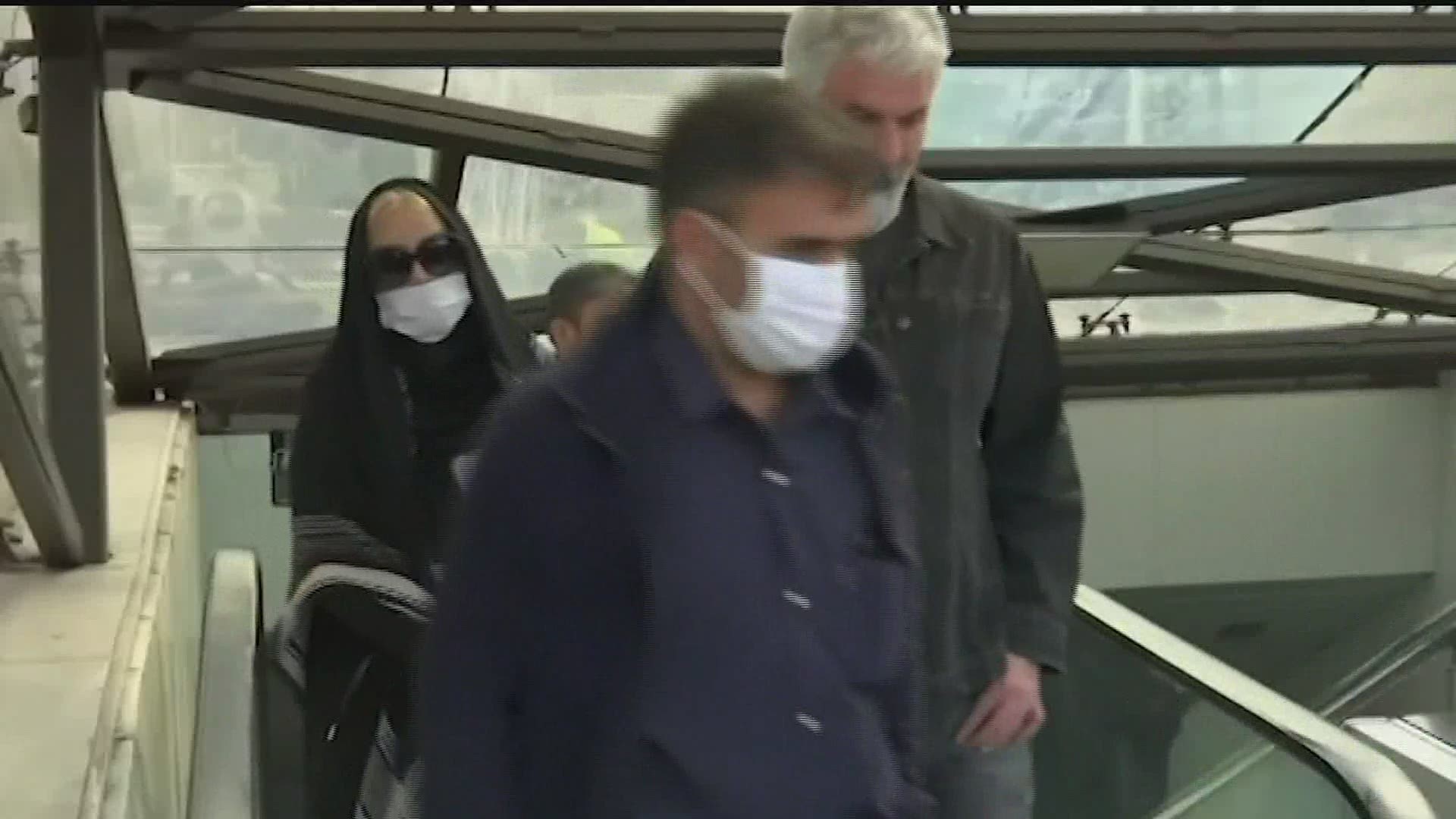HARRISBURG, Pa. — There is certainly confusion surround the novel coronavirus, also known as COVID-19. As of 4:45 Tuesday afternoon, Pennsylvania has 12 presumptive positive cases of COVID-19 in Delaware (1,) Monroe (1,) Montgomery (8,) Philadelphia (1,) and Wayne (1) Counties.
What is coronaviruses?
According to the World Health Organization, coronaviruses are a large family of viruses that cause illness ranging from the common cold to more severe disease. The novel coronavirus, COVID-19, is a new strain that had not yet been identified in humans. The viruses are zoonotic, meaning they transmit between animals and people. COVID-19 isn't the first time a strain of the virus infected humans. Several strains have been around since the 60's. In 2002, Severe Acute Respiratory Syndrome, also known as SARS, was transmitted to humans in China from a civet cat. In 2012, Middle East Respiratory Syndrome, also known as MERS, first infected humans in Saudi Arabia.
It is believe this novel coronavirus, COVID-19, infected humans in Wuhan, China at a livestock market.
What are the symptoms of COVID-19 and how do they compare to the flu?
COVID-19 symptoms include:
- Fever
- Cough
- Shortness of breath
Flu symptoms include:
- Fever
- Cough
- Sore throat
- Runny nose
- Body aches
- Headaches
- Fatigue
If you are experiencing any of these symptoms, visit your doctor, especially if you've been in an area with a number of positive COVID-19 cases.
What will happen if I am showing symptoms and visit a doctor?
If you are showing symptoms and it is believe you could have come in contact with someone with COVID-19, you will be tested. Currently, a nose swab will be sent to a lab in Philadelphia. If it comes back positive, it will be sent to the Centers for Disease Control and Prevention for further testing.
What is the difference between positive and 'presumed' positive cases?
In the instance that you would be tested for COVID-19, your test would be sent to a lab in Philadelphia. If it comes back positive, it will be considered 'presumed positive' until further testing and confirmation is done by the CDC.
What happens if I came into contact with someone with COVID-19?
Health officials are currently recommending you self-quarantine for 14-days. If you develop symptoms within that time period, visit a doctor.
What happens if I test positive for COVID-19?
If you test positive for COVID-19, you will likely be put in isolation in your home for 14 days. Eighty-percent of people with COVID-19 have mild symptoms. Only people with severe symptoms will be hospitalized in isolation.

